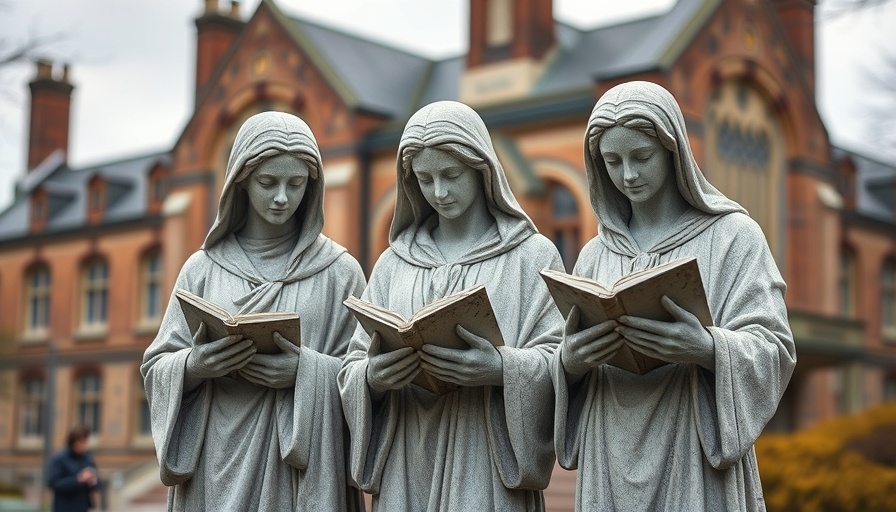
Celebrating Black History Week: Key Moments from July 16-23
As we navigate through the dates of July 16 to 23, we are reminded of significant milestones in Black history that have shaped our society. From trailblazing activists to historic events, this week serves as a remembrance of the courage, resilience, and enduring spirit of Black individuals in America.
Ida B. Wells-Barnett: A Feminist Pioneer
On July 16, 1862, iconic journalist and anti-lynching activist Ida B. Wells-Barnett was born in Holly Springs, Mississippi. She was a stalwart advocate against racial injustices and became known for her impactful editorials that challenged the status quo. Notably, her refusal to yield her seat on a train to a white man in 1884 parallels the actions of Rosa Parks decades later and illustrates the challenges and bravery required in the fight for civil rights. Her legacy endures through her work with the NAACP and her dedication to social justice.
Violette Neatley Anderson: Breaking Barriers
Additionally, on this same day, Violette Neatley Anderson was born, making history as the first Black female attorney allowed to practice before the United States Supreme Court. Her achievements remind us of how far the legal profession has come, and how her determination paved the way for future generations of Black lawyers.
Richard Allen and the Birth of a Sanctuary
On July 17, 1794, Richard Allen, a former slave, dedicated the Bethel AME Church in Philadelphia, which would go on to be one of the largest Black religious denominations in the United States. This was an act of defiance and empowerment, illustrating the need for safe spaces and community for Black worshippers who were often marginalized in predominantly white churches.
The Enlistment of Black Soldiers During the Civil War
Another significant event on this day occurred in 1862, as Congress authorized President Lincoln to recruit free Blacks and former slaves to serve in the military. This not only marked a turning point in the Civil War but also represented the important role of African Americans in advocating for their freedom and the freedom of others.
Honoring a Legacy: Frank M. Snowden
On July 17, 1911, Frank M. Snowden was born in York County, Virginia. His research on the history of Blacks in antiquity, especially his writings on Ethiopian contributions to ancient Egypt and Greco-Roman societies, sheds light on the often-overlooked contributions of Black individuals throughout history. Snowden’s work reminds us that history is multifaceted and that the narratives of Black contributions must be acknowledged and celebrated.
Boxing Champion and Activist: Muhammad Ali
July 17 also marks the birth of legendary boxer Muhammad Ali in 1942. Known for his prowess in the ring, Ali was also a passionate advocate for civil rights. His refusal to participate in the Vietnam War owing to his religious beliefs and political views serves as a reminder of how athletes can be powerful voices for social change.
The Port Chicago Mutiny: A Call for Justice
A tragic event in history occurred on July 17, 1944, at the Port of Chicago where an explosion killed many Black soldiers. When 258 surviving Black soldiers refused to return to work without safety assurances, they were charged with mutiny. This incident highlights the often harsh realities faced by Black service members and their fight for recognition and respect.
Historical Impact: The Escape of Lemuel Haynes
On July 18, 1753, it is thought that Lemuel Haynes escaped from slavery, becoming a notable figure in American history. His journey reflects the struggles of many, as well as the fight for freedom that has characterized the Black experience in the U.S.
Conclusion: Honoring Our Past to Empower Our Future
As we acknowledge these pivotal moments in Black history between July 16 and 23, it becomes essential to appreciate not only the challenges faced but also the rich contributions made by Black individuals throughout our history. Understanding these events not only honors their memory but also empowers us to continue the fight for equality and justice in today’s society.
 Add Row
Add Row  Add
Add 




Write A Comment